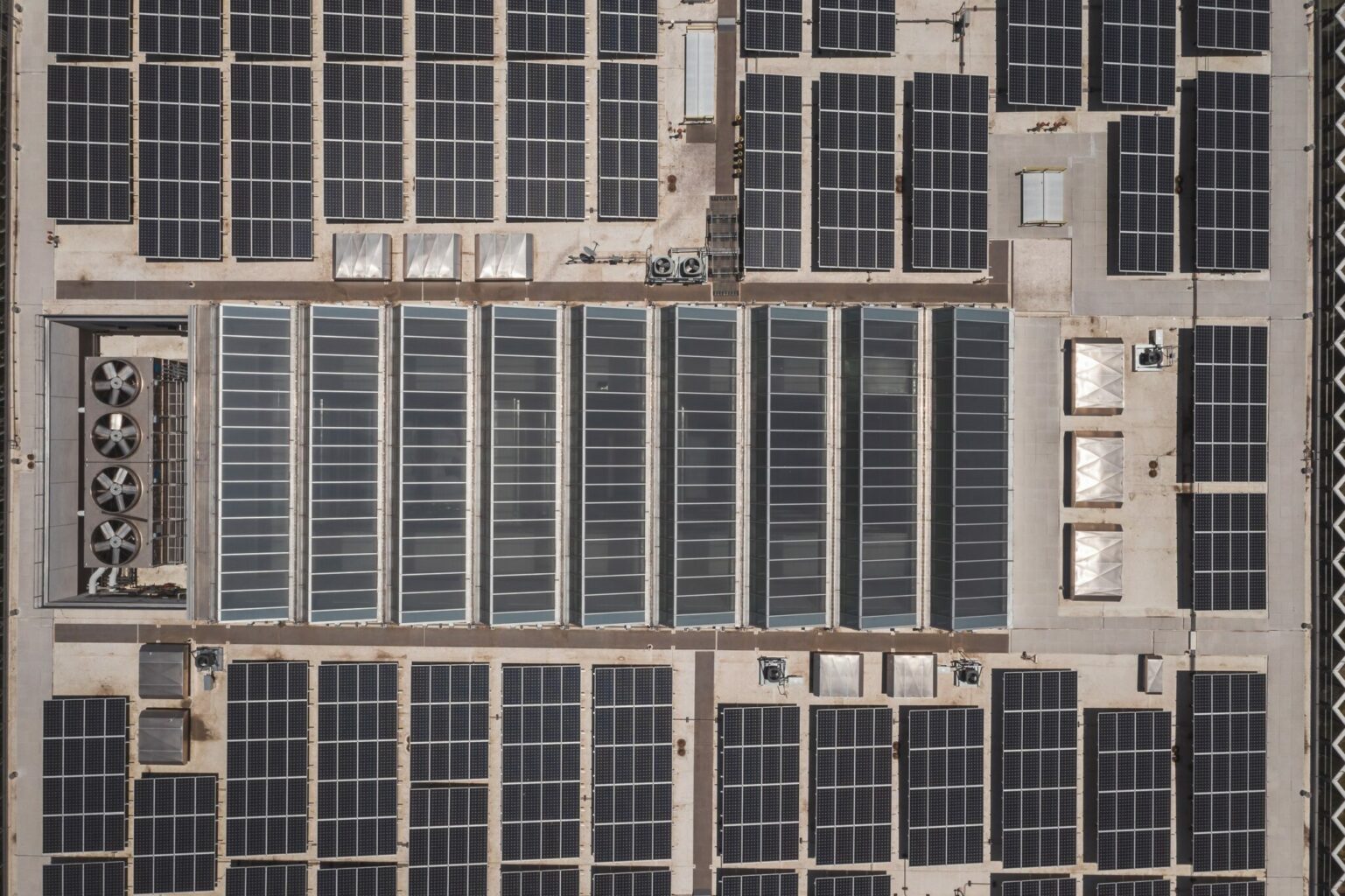
A Simple Solution to Increase Solar Panel Performance
To ensure that your solar panels are operating at their optimal level, regular cleaning is required. When solar panels are located on high pitched rooftops such as with domestic housing, cleaning them yourself can be dangerous and so we would always recommend using a professional solar panel cleaning company. However, on many commercial flat roof installations with purpose built human access, and of course ground installations, regular cleaning on PV panels should be part of your estate management maintenance practices.
In all cases, when working at height such as on a roof space health and safety is paramount. Being compliant with the Work at Height Regulations 2005 and certificated with ‘Working at Height Awareness Certification v3.0’ will be the minimum required for those conducting roof top solar panel cleaning, as well as full electrical competence and understanding of the electrical systems installed.
- Turn off the solar system before you start. Full isolation of the electrical circuits, strings and panels should be undertaken by a competent person in charge and knowledgeable of the installation.
- Carry out a visual inspection of the system and if you see any damage at all to the panels or the cabling, don’t try to clean them but contact a professional to assess them and provide advice on corrective action.
- The best time to clean your panels is at night/dusk if possible and when your area can be illuminated from mains powered lighting. Alternatively, on an overcast dull day, or at the end of the day to ensure the panels are in low production mode or off, less than irradiation is below 200 w/m2 is a minimum target. Also, to prevent the water evaporating from the hot panel surface and leaving water staining marks, wait for the panels to cool.
- Use rainwater where possible (especially if you are in a hard water area) to prevent limescale deposits on the panel surfaces.
- Make sure any brushes or sponges that you are using on your panels are clean and non-abrasive.
- Use a soft brush to loosen any dirt on the panel before using any water.
- Wash your panels with water only – don’t use any detergents or chemicals.
- Squeegee or shammy the panels to remove excess water.
If you feel your solar panels are still under performing after a good clean, then it is worth calling in a drone thermographer such as Drone Media Imaging to carry out a thermal inspection. This will allow any faults to be highlighted so you can carry out targeted repairs or replacements to make the most of your solar investment.
#cleaningsolarpanels #PVPanelcleaning #solarpanelcleaning #SolarPanelInspections
https://www.dronemediaimaging.co.uk/solar-panel-cleaning/
Comments